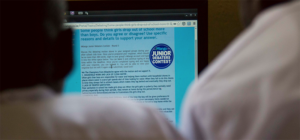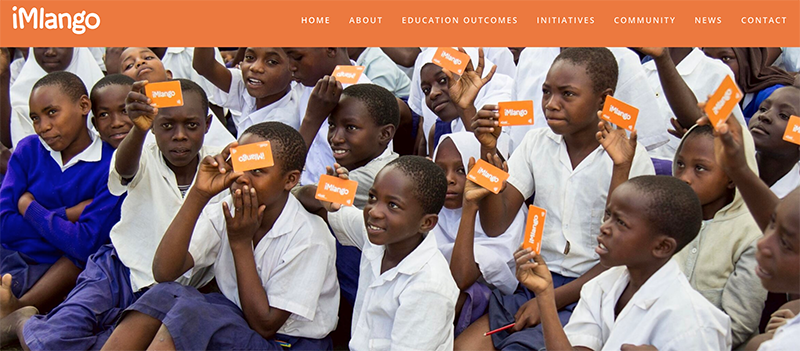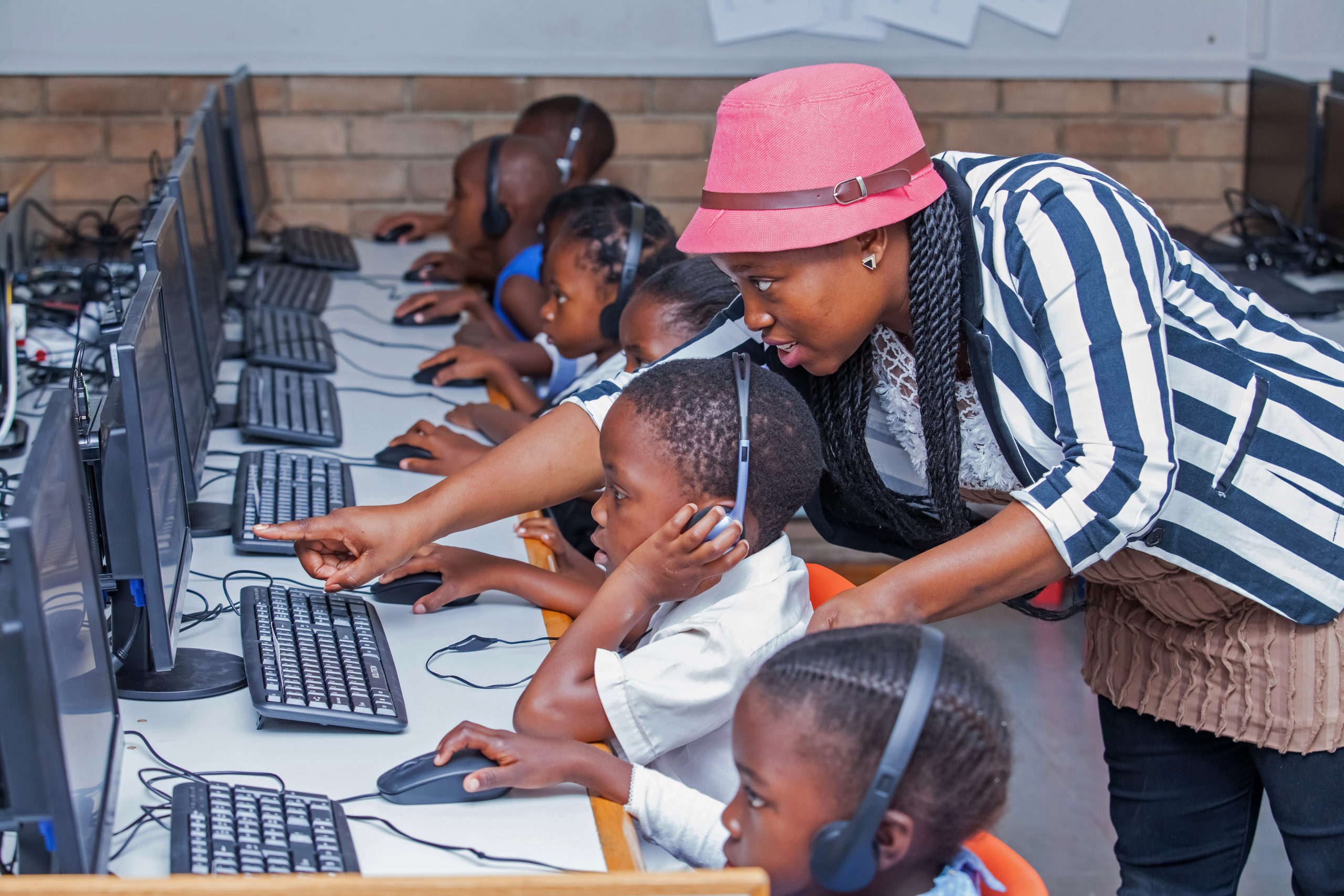Did you know that one million children in Kenya do not attend school regularly due to socio-economic and environmental problems? For example, Martha, a 10-year-old girl who has to walk 16 kilometres to and from school every day, crossing a natural park that is quite dangerous due to the presence of wild animals. Or Mary who has to help her mother with the family business and household chores before getting on with her schoolwork.
In many parts of the world, including many countries in sub-Saharan Africa, barriers to education are high and numerous, barriers to education are high and numerous. Lack of basic infrastructure, materials and teachers are some of them. When it comes to digital education, most schools, teachers and students do not have access to digital learning tools or an Internet connection.
It is against this backdrop that iMlango, an initiative aimed at improving educational outcomes in mathematics, literacy and life skills for girls and boys in Kenya, was launched seven years ago. Since then, in several phases, it has reached 285,000 girls and boys, including just over 70,000 marginalised girls, in 245 schools (205 elementary schools and 40 secondary schools). The aim is to offer access to digital education services and content through a comprehensive educational technology programme.
Where?
iMlango has been implemented in schools that are located in rural or semi-urban settings in four counties in Kenya: Kajiado, Kilifi, Makueni and Uasin Gishu. Educational institutions were identified on the basis of various vulnerability criteria including: poverty rate, school absenteeism and educational opportunities for girls.
How?
iMlango is a comprehensive educational technology programme that aims to improve learning outcomes, enrolment and retention of Kenyan pupils through the delivery of:
- High-speed satellite broadband Internet connection to schools.
- One-to-one Mathematics tutorials, along with digital learning content for literacy and life skills.
- Ongoing training and support for teachers to use best practices for integrating ICT into school learning processes.
- Teams on the ground to provide educational support to teachers and leadership guidance to principals.
- Electronic attendance monitoring and semi-conditional digital payments to encourage families to send their daughters to school.
- Teams on the ground to support schools and ensure timely technical maintenance.
- Real-time project monitoring and measurement.
The programme’s pillars
To bring about real changes and improvements in the lives of these children, iMlango works at three different but interrelated levels: individual, school environment, and home and community. iMlango’s actions have been based on five basic pillars in order for these changes to take place:
- Motivation: a financial incentive related to girls’ attendance to encourage parents to ensure school attendance.
- Tracking and monitoring: a platform that records students’ attendance and interactions with educational content, to understand attendance patterns and learning progress.
- Content: They cover a variety of topics including mathematics and literacy as well as life skills material. All this is available on the learning platform.
- Connectivity: provision of high-speed Internet connection to all schools, enabling seamless online learning.
- Training: equipping schools with the necessary technology and training teachers and students to efficiently use the components of the education solution. In addition, continuous support is provided on the ground.
Debating competitions, children’s clubs, micro-credits and more

iMlango is a programme that goes far beyond technology. Thus, it encourages initiatives such as children’s clubs where members organise various activities that teach them socio-emotional skills, such as independence, respect for others, love of nature and care for the working environment, among many others, which they can apply to their daily lives debating competitions the debate competitions, an innovative and different way of strengthening students’ literacy skills, have proven to be very useful in improving the quality of English language learning and, at the same time, have significantly increased skills such as teamwork and gender equity microcredits provide some families with access to funds to support their children in school. These loans are conditional on children’s attendance and include awareness-raising activities on the importance of education and the importance of investing in their children’s education.






